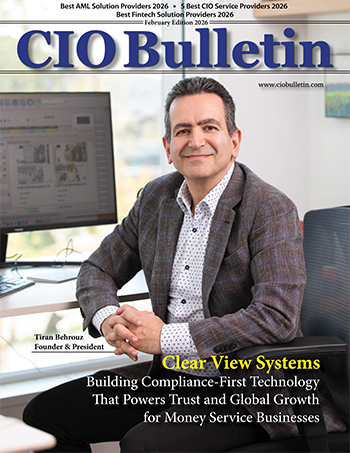Home Services & Solutions Risk analytics Risk Analytics Driving Resilie...
Risk Analytics
.webp)
CIO Bulletin
14 June, 2025
BCG indicates the potential of risk analytics to enhance the resilience of agrifood systems in Africa that are facing climatic changes, trade shocks, and geopolitical crises.
With Africa struggling to contend with increasing food insecurity, a latest report by Boston Consulting Group (BCG) and Quantis highlights the importance of incorporating risk analytics in Agrifood supply chain strategies in Africa. The report, titled Building Resilience in Agrifood Supply Chains, provides an outline of how food production is becoming more volatile because of climate change, trade frictions and geopolitical tensions.
The days of high food price volatility for rice and wheat have doubled, or even tripled, between 2020 and 2024. These changes, the report cautions, make risk analytics especially important in predicting disruption and avoiding long-term losses in yields at a time when climate change is expected to reduce global crop yields by as much as 35 percent by 2050.
The findings of BCG show that smallholder farmers in Africa, who contribute 70 percent to agricultural output, are vulnerable to a decline in profitability of up to 46 percent as a result of climate-related effects. Such problems are exacerbated by export prohibitions such as those on rice in India, which could reduce world rice exports by 54 percent by 2050.
As a means of combating this, the report proposes various resilience levers: predictive AI tools, crop diversification, resilient seed varieties, and access to climate finance. Risk analytics can facilitate these methods to make more informed decisions, whether that is in applications of farm inputs or supply chain redesign.
Zoë Karl-Waithaka, the managing director at BCG Nairobi, said companies should strip away reactive paradigms and integrate risk analytics to resilience in the future. The stakes are high and experts call upon coordinated public-private action to prepare African farmers to face an uncertain future and turn risk into strategic foresight using data.







